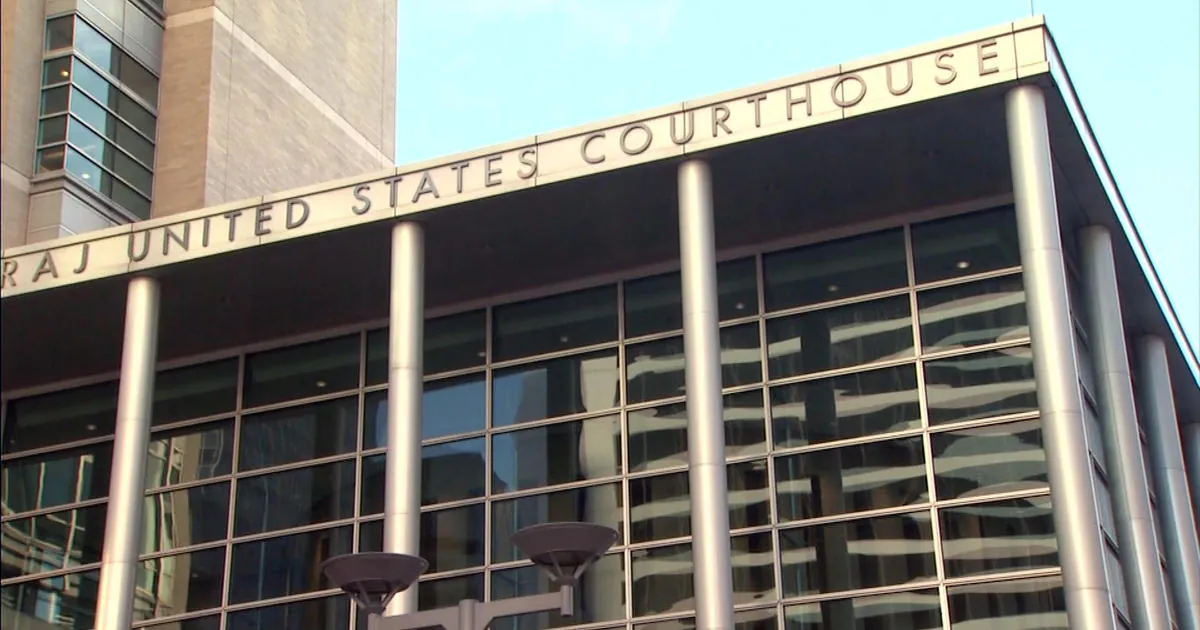A health clinic that operates in Englewood and Denver and follows the Catholic faith will continue to provide “abortion reversal” treatment, as a federal judge has recently prevented the state from enforcing a new law that prohibits this controversial practice.
Bella Health and Wellness has managed to secure a preliminary injunction against Senate Bill 190, implemented by Democrats earlier this year to enhance abortion rights. The clinic contended that its healthcare providers were driven by their religious beliefs to aid expectant patients who had a change of heart after commencing the medication abortion process. They argued that SB 190 imposed an unconstitutional burden on their religious practices, and the court agreed with their stance.
On October 21st, U.S. District Court Judge Daniel D. Domenico concurred with Bella Health’s assertion that they would probably prevail in their argument. Judge Domenico pointed out that the supporters of SB 190 referred to faith-based clinics that offer abortion reversal as “fake” and “deceptive,” and the legislature had singled out a specific practice for regulation without addressing other potential safety risks. This ruling indicates that Bella Health’s argument has a strong likelihood of succeeding.
According to Domenico, a Donald Trump appointee, it appears evident that the legislature was cognizant of the fact that the weight of this prohibition would largely be borne by religious practitioners, taking into account both the bill’s text and its legislative history.
According to Rebekah Ricketts, who is an attorney representing Bella Health at The Becket Fund for Religious Liberty, Domenico’s ruling is a significant win for pregnant patients. She believes that this decision will protect them from being coerced into having abortions against their wishes, thereby safeguarding their right to make informed choices about their own bodies.
The Democratic legislators suffered a setback with the issuance of the preliminary injunction. They had raised concerns over the risks associated with abortion reversal and questioned its validity. However, the judge’s analysis of the scientific evidence did not align with the stance taken by another judge appointed by Trump in a recent controversial ruling related to medication abortion.
Patients who opt for a medication abortion usually take mifepristone followed by a dose of misoprostol. While it is a possibility for the pregnancy to continue even without the follow-up dose, those in favor of abortion reversal suggest that administering progesterone can significantly increase the chances of maintaining the pregnancy even after taking mifepristone. This approach aims to provide an alternative option for individuals who may change their minds after initiating the medication abortion process.
In April, Judge Matthew J. Kacsmaryk of the U.S. District Court in Texas halted the long-standing federal endorsement of mifepristone, citing in-depth scientific research on the drug. His analysis, however, drew criticism from scientists who disagreed with his conclusions.
Despite acknowledging the use of progesterone for abortion reversal, Domenico admits that there exists opposition to this practice within the medical industry. He did not dwell on the scientific debate surrounding this issue, but rather concluded that SB 190 is unlikely to withstand the highest level of scrutiny applied to laws that exhibit non-neutrality towards religion.
In an attempt to label the provision of abortion reversal treatment as “unprofessional conduct,” the legislature passed SB 190. However, a unique procedural provision was included in the bill that stated if the boards of pharmacy, nursing, and medicine in the state all come to a consensus that abortion reversal is a generally accepted practice, the prohibition will be lifted. This provision is a proactive measure taken by the legislature to ensure that the healthcare providers in the state provide safe and ethical care to their patients.
Earlier this year, Domenico refused to prevent SB 190 from being implemented, relying on the state’s assurance that it would not take any action against Bella Health until the three boards had completed their review. Recently, each board concluded their rulemaking process. While the pharmacy and nursing boards did not classify the treatment as either professional or unprofessional, they decided to take a “case-by-case” approach. On the other hand, the board of medicine labeled the use of progesterone in combination with mifepristone as unprofessional conduct.
Bella Health has recently requested the court to intervene and stop the state from taking any actions against the clinic during the ongoing lawsuit, including the possibility of revoking medical licenses due to unprofessional conduct. The clinic’s legal team highlighted that SB 190 only pertains to the use of progesterone and does not cover other uses. Additionally, the clinic’s lawyers pointed out the derogatory remarks made by lawmakers towards faith-based clinics.
During a committee hearing, Senator Janice Marchman from Loveland stated that there are over 50 pregnancy centers in Colorado that are based on religion. These centers often persuade women to keep their babies or connect them with adoption agencies. However, the Senator expressed concern that these centers may mislead and coerce women away from seeking proper healthcare services.
Upon examination, Domenico noticed that the statements made by the General Assembly did not explicitly indicate that they were targeting a religious practice. However, the statements did demonstrate that lawmakers were aware that prohibiting abortion reversal treatment would have an impact on faith-based providers.
Domenico’s analysis of the law was informed by the absence of safety regulations for progesterone or medication abortion, as well as its history. To him, this indicated that the law imposed an unconstitutional burden on religious exercise. He drew on the U.S. Supreme Court’s recent pro-religion decisions interpreting the First Amendment, which he found supportive of his position. Domenico’s 2020 ruling, which exempted certain churches from COVID-19 regulations, also played a role in shaping his interpretation of the law.
According to him, it is generally acceptable to impose strict regulations on a specific drug or medical practice, even if similar activities are not regulated. However, if such regulations impose a burden on religious practices, it would be subjected to strict scrutiny.
In addition to the SB 190 provision that prohibits performing abortion after 22 weeks of pregnancy, the clinic in question is also contesting another provision that prohibits advertising abortion reversal services or claiming to provide abortion or contraceptive services when it does not. The clinic, Bella Health, is said to be in violation of these provisions, but the judge acknowledged that the state did not intend to prosecute them. Despite this, the judge recognized the need for protection for Bella Health against these provisions.
In the end, Domenico made the decision to remove three district attorneys from the list of defendants in the lawsuit. The reasoning behind this was that they would not be involved in the enforcement of any violations pertaining to the consumer protection law.
The case at hand is titled “Bella Health and Wellness et al. v. Weiser et al.”
Greetings! We appreciate your interest in our news site. If you wish to read the entire story and delve deeper into our political journalism, we suggest subscribing to our website. Alternatively, you can log in if you already have an account. Thank you for your continued support.



